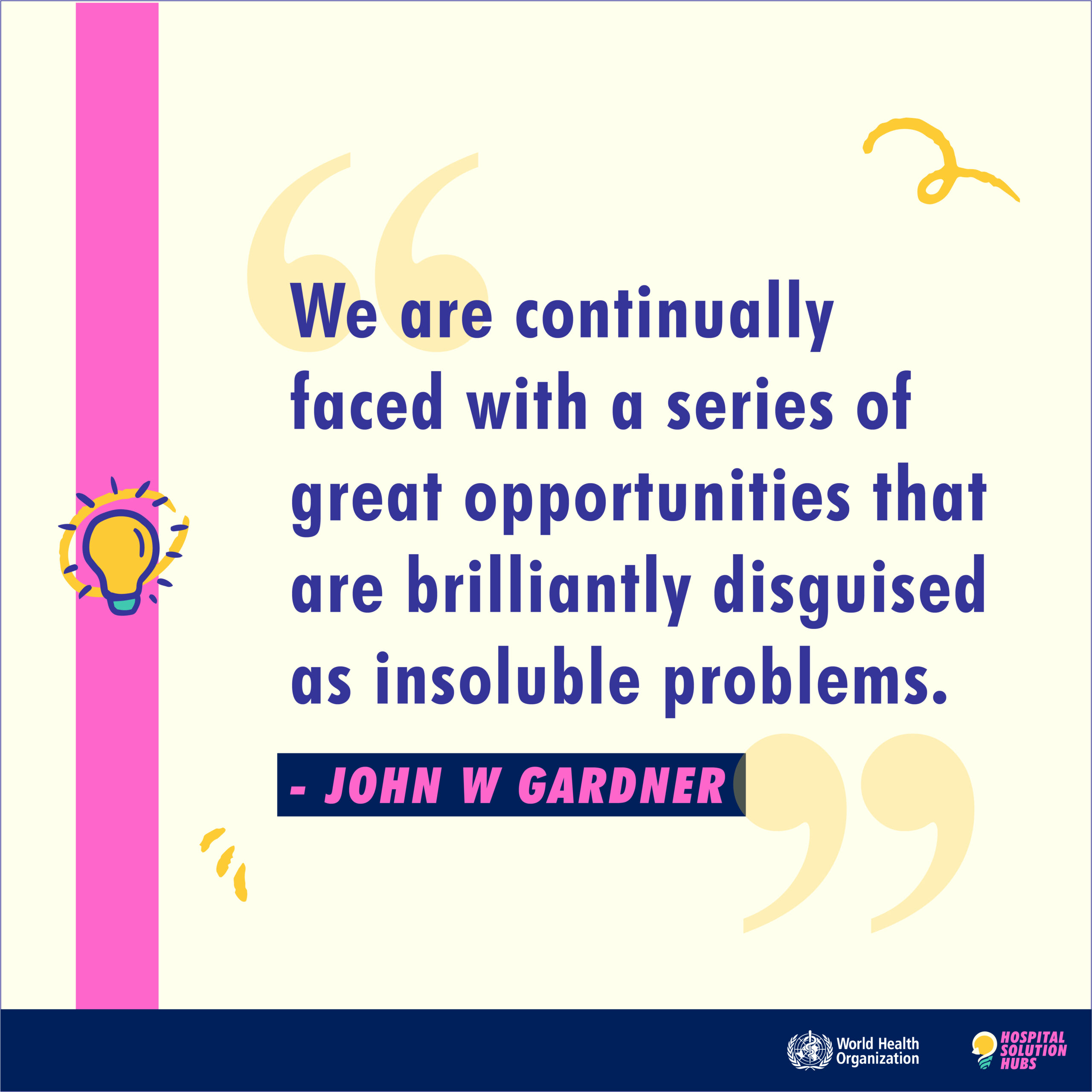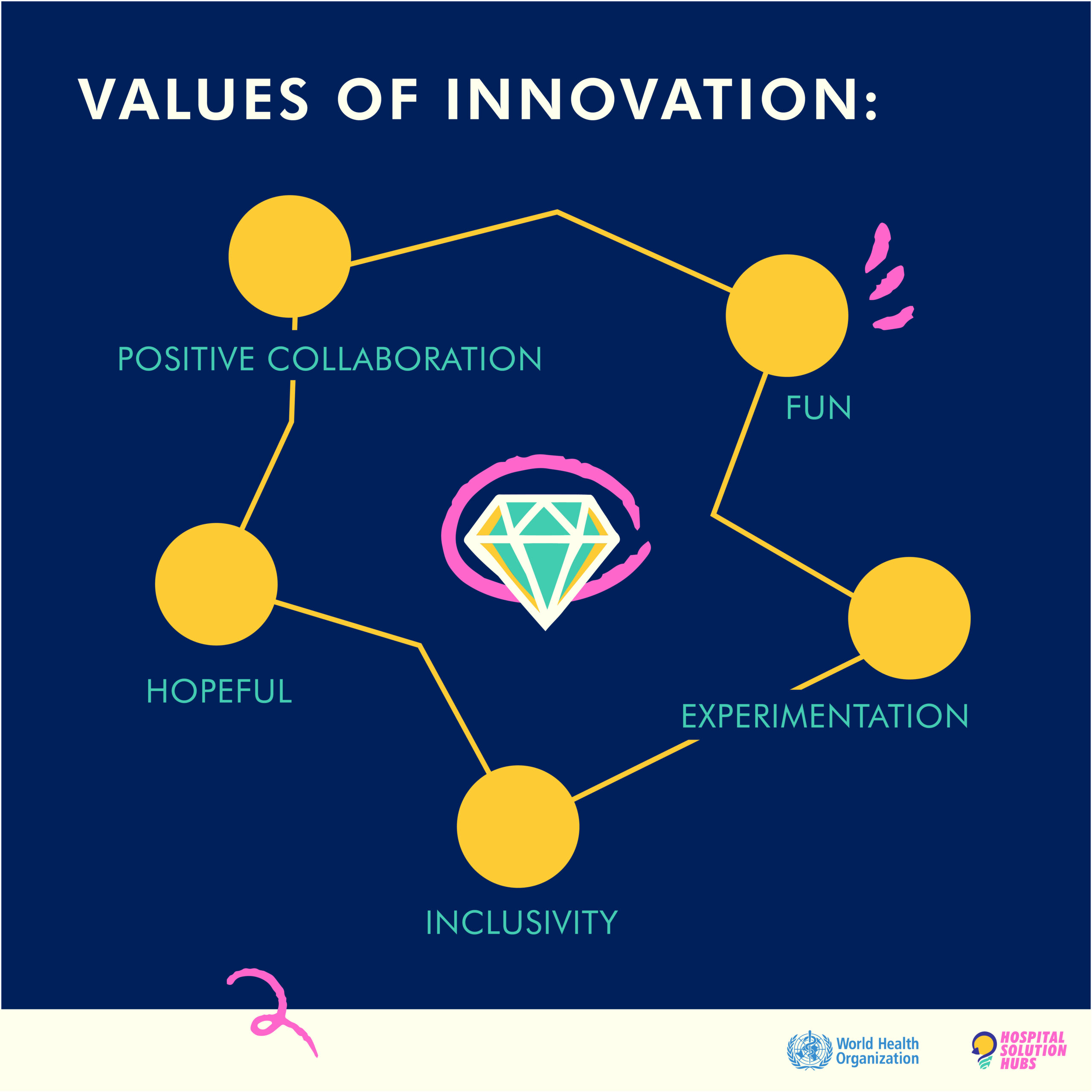World Health Organization, Clinical Services Unit
Switzerland, Cameroon, Pakistan
English and French
2022 – 2023
Human resources for health is the most valuable asset in health systems. Providing hospital intrapreneurs with an opportunity to create localised solutions to challenges faced, can lead to better healthcare delivery for patients and also lead to the transformation of the organizational culture of hospitals. Chembe is providing capacity-building support for 10 hospitals across Pakistan and Cameroon, to become local innovation leaders.









Cape Town



Los Angeles
YouTube
X
Dr Lindi van Niekerk is a South African medical doctor with expertise in primary care, health systems, and social innovation. In her global health work, Lindi draws on her technical knowledge as a clinician, her qualitative research experience gained in several low-and middle-income countries, her strategic project implementation capacity, and her creative ability as a filmmaker and storyteller.
Since 2008, Lindi has been on a journey to catalyze acceptance and create opportunities for social innovation within health systems. While working as a medical doctor, she established the first public hospital-based end of life care project, and as Inclusive Health Innovation Lead at the University of Cape Town’s Bertha Centre for Social Innovation and Entrepreneurship, she established the first innovation lab in the main public tertiary hospital in Cape Town (Groote Schuur Hospital). Lindi co-founded the Social Innovation in Health Initiative (SIHI) in partnership with the Special Programme for Research and Training in Tropical Diseases (TDR), hosted at the World Health Organization. As part of this initiative, she led a multi-partner research study on social innovation models across 17 countries and provided strategic guidance to the establishment of four social innovation research hubs at universities in Malawi, Uganda, the Philippines, and Colombia. In her own doctoral research, she has focused on gaining a deeper understanding of the factors involved in institutionalizing social innovations as part of the health system in Malawi.
Since establishing Chembe Collaborative in 2016, she has worked as an independent consultant with clients ranging from universities, multilateral agencies, private companies, and non-governmental organizations. Lindi has a deep sensitivity to the cultural realities of low-and middle-income countries and the health system challenges faced by both people seeking care and providers/policymakers delivering care in these settings.
Lindi holds a PhD in Global Health and an MSc in Public Health from the London School of Hygiene and Tropical Medicine and an MBChB from the University of Pretoria.
Alasdair is a commercial editor, animator and film director. While working with Chembe, he has produced motion graphics for clients such as TDR, the Special Programme for Research and Training in Tropical Diseases and Kamuzu University of Health Sciences in Malawi.
Recently, Alasdair completed his second feature film edit – a period love story set in Zanzibar in Swahili. His first feature film edit for “Saloum”, which premiered in the Midnight Madness Category of the Toronto International Film Festival in September 2021.
When he isn’t editing foreign language films, he loves working in the documentary field. Having filmed ice swimming world records in Siberia and Alaska, Environmental Marine conservation documentaries all over South and East Africa and edited many humanitarian and wildlife programmes across Africa and Asia. Alasdair is passionate about telling people’s stories.
With his love of film and culture, Alasdair was a founding member of the Cape Town leg of the International Short Film Festival in 2010 and was its festival director for 6 years before retiring the festival in 2020. The festival was designed as a network building event through its many host cities on every continent.
Claudi likes understanding and combining seemingly opposite fields, approaches and environments. For her, creativity and analytics are not opposites, but one actually enhances one another. This has driven her to pursue an education in graphic design at Central Saint Martins in London, followed by a degree in Politics, Philosophy and Economics at the University in Cape Town as well as, holding her Masters in Development Economics from the University of Amsterdam.
As a child of Africa, at the heart of her identity is a passion for social change, which has led her to work on projects relating to financial inclusion, labor fairness and reducing patient waiting times in a pediatric hospital in South Africa. In contrast, Claudi has also worked in more commercial settings, from start-ups to technology consulting for big corporations.
Claudi uses her unique background to help her find commonality and patterns when things seem unconnected. She believes that stronger ideas are formed when we combine disciplines, borrow knowledge from one area and customize it to suit the problem at hand.
Dr Lindi van Niekerk is a South African medical doctor with expertise in primary care, health systems, and social innovation. In her global health work, Lindi draws on her technical knowledge as a clinician, her qualitative research experience gained in several low-and middle-income countries, her strategic project implementation capacity, and her creative ability as a filmmaker and storyteller.
Since 2008, Lindi has been on a journey to catalyze acceptance and create opportunities for social innovation within health systems. While working as a medical doctor, she established the first public hospital-based end of life care project, and as Inclusive Health Innovation Lead at the University of Cape Town’s Bertha Centre for Social Innovation and Entrepreneurship, she established the first innovation lab in the main public tertiary hospital in Cape Town (Groote Schuur Hospital). Lindi co-founded the Social Innovation in Health Initiative (SIHI) in partnership with the Special Programme for Research and Training in Tropical Diseases (TDR), hosted at the World Health Organization. As part of this initiative, she led a multi-partner research study on social innovation models across 17 countries and provided strategic guidance to the establishment of four social innovation research hubs at universities in Malawi, Uganda, the Philippines, and Colombia. In her own doctoral research, she has focused on gaining a deeper understanding of the factors involved in institutionalizing social innovations as part of the health system in Malawi.
Since establishing Chembe Collaborative in 2016, she has worked as an independent consultant with clients ranging from universities, multilateral agencies, private companies, and non-governmental organizations. Lindi has a deep sensitivity to the cultural realities of low-and middle-income countries and the health system challenges faced by both people seeking care and providers/policymakers delivering care in these settings.
Lindi holds a PhD in Global Health and an MSc in Public Health from the London School of Hygiene and Tropical Medicine and an MBChB from the University of Pretoria.